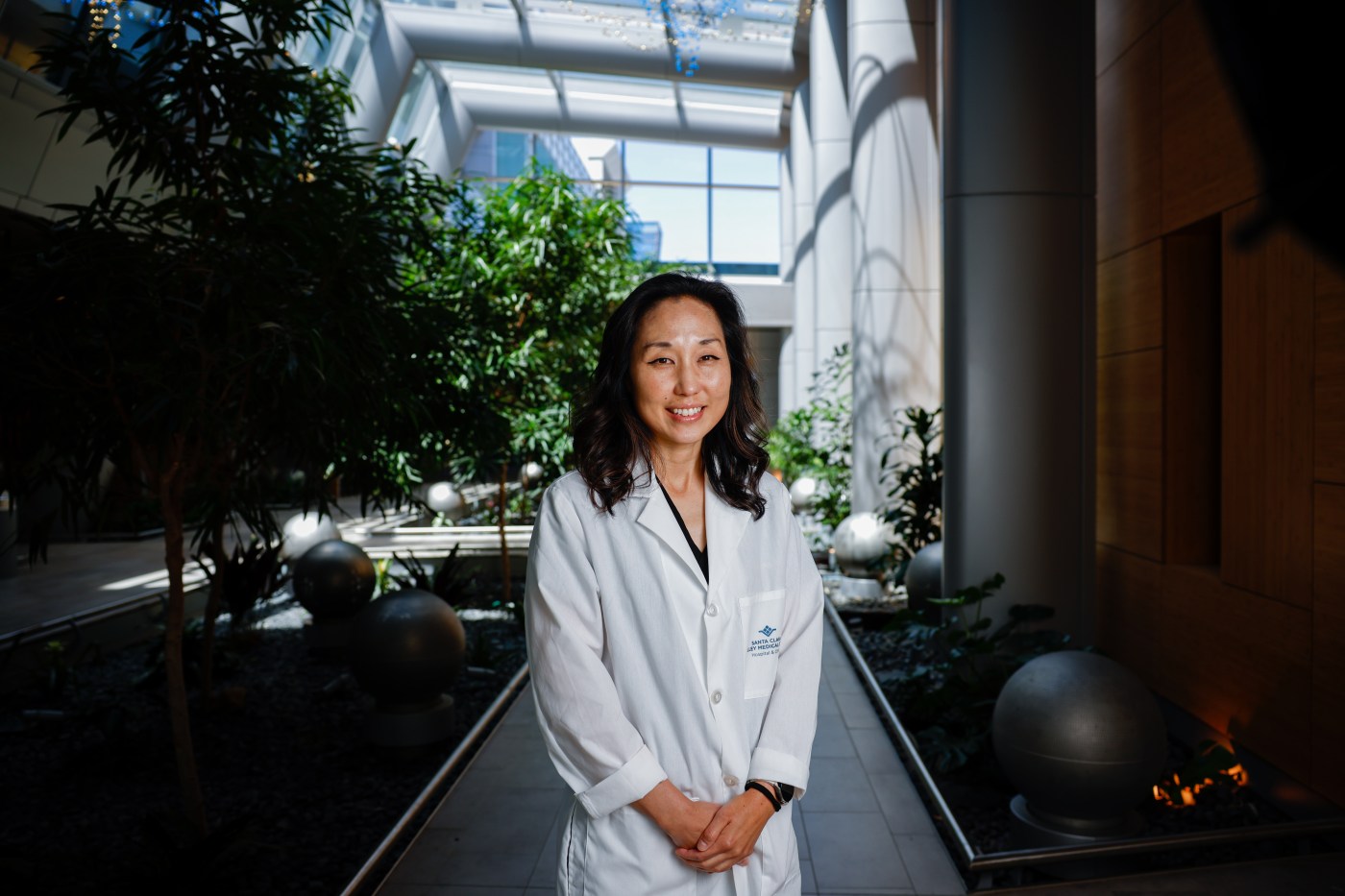URGENT UPDATE: A staggering health crisis involving chronic hepatitis B is unfolding in the Bay Area, with reports confirming over 13,254 new diagnoses from 2014 to 2023. This often asymptomatic virus leads to liver cancer in 1 in 4 cases, disproportionately affecting the Asian and Pacific Islander communities.
James Kang, a resident of Milpitas, California, is among those impacted. He was diagnosed with cirrhosis and liver cancer, conditions linked to chronic hepatitis B that he likely contracted at birth. Kang urges others not to ignore potential health issues. “Just get checked. Don’t be afraid. You need to know to get treatment and protection,” he stated.
Officials, including Elizabeth Hwang, director of hepatology at Santa Clara Valley Medical Center, emphasize the urgency of the situation. “Hepatitis B is a health tragedy that is sadly hidden in plain sight in Santa Clara County,” said County Supervisor Betty Duong. The county has seen a disproportionate number of cases among Asian Americans and Pacific Islanders, who represent just 6% of the U.S. population but account for nearly 50% of hepatitis B infections.
Despite the availability of an effective vaccine since the 1980s, many remain unaware of their infection status. Richard So, executive director of Hep B Free, notes, “Up to 2.4 million people in the U.S. may currently have the disease, and most do not realize it.” He advocates for universal screenings, especially as many believe they are safe after vaccination, which may not be true if they were already infected.
The challenges are compounded by cultural stigmas and language barriers. New initiatives, including the Vietnamese American Service Center, aim to provide culturally relevant education and screenings. Kang’s plea resonates deeply: “I ignored it, just like I ignored the knowledge that it would be better all around not to drink.”
As awareness builds ahead of World Hepatitis Day on July 28, 2025, local organizations are ramping up efforts to reduce infections through community outreach and education. Hwang warns that those born before the late 1980s remain particularly vulnerable, as many infections go undiagnosed.
The situation demands immediate action. Kang, now on the transplant waitlist, continues his treatment, reflecting the urgency and human impact of this health crisis. “Of course I’m scared. In a word, it’s tough. But I also know I’m really lucky,” he shared, showcasing the emotional weight of the struggle against hepatitis B.
Authorities are calling for action now more than ever. As So states, “Prevention is always better.” Community members are urged to take control of their health by seeking screenings and understanding their risks. The time to act is NOW.
